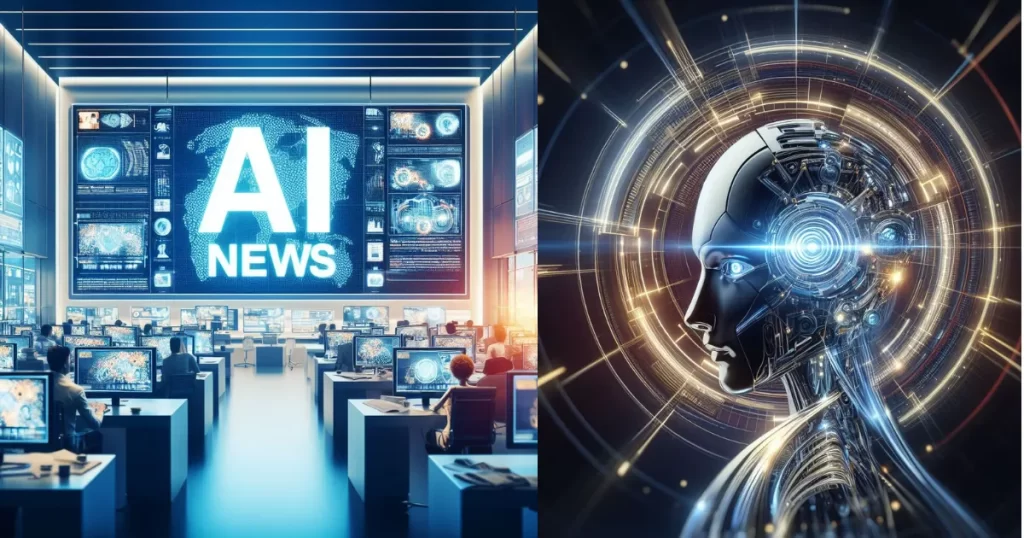Hollywood often portrays relationships with artificial intelligence (AI) as problematic, but one computer scientist believes AI can positively impact human loneliness. In contrast, other experts approach this idea with caution.
Tony Prescott, a professor of cognitive robotics at the University of Sheffield, argues in his book “The Psychology of Artificial Intelligence” that AI can play a significant role in alleviating human loneliness. He compares forming bonds with AI to the way we develop attachments with pets or children with dolls, suggesting that adults could benefit similarly from AI companionship.
Prescott explains that many people feel lonely in modern society, and AI could offer a form of personalized social interaction. He believes AI companions could help individuals on the brink of social isolation by allowing them to practice conversations and interactions, thereby boosting their confidence and reducing the risk of social withdrawal.
Prescott writes, “Human loneliness often leads to a downward spiral where isolation reduces self-esteem, discouraging further interaction. AI companionship could break this cycle by enhancing self-worth and social skills, helping people find companionship with both humans and AIs.”
The issue of loneliness is significant. In the UK, over 7% of the population, nearly four million people, experience chronic loneliness, meaning they frequently feel lonely. A 2021 Harvard study found that over a third of Americans suffer from “serious loneliness,” with young adults and mothers with small children being the most affected.
Loneliness has severe health consequences. The US surgeon general, Vivek Murthy, has called it an “epidemic,” linking it to heart disease, dementia, stroke, depression, anxiety, and premature death. The health impact of loneliness is comparable to smoking 15 cigarettes a day. Murthy warned that failing to address this issue would lead to a divided and weakened society.
In the 2013 movie “Her,” Joaquin Phoenix’s character falls in love with an AI voiced by Scarlett Johansson, highlighting a fictional perspective on AI relationships. However, the real-world debate about AI’s role in addressing loneliness is more nuanced. Sherry Turkle, a social science professor at MIT, cautions that relationships with machines might reduce the number of secure and fulfilling human relationships.
Christina Victor, a professor of gerontology and public health at Brunel University, also doubts AI’s effectiveness in combating loneliness. She argues that meaningful social connections are built on reciprocity, where people give and receive support, something AI might not fully replicate.
Murali Doraiswamy, a professor of psychiatry and medicine at Duke University, believes human friendship is the best solution for loneliness. However, he acknowledges that robots could be a temporary solution for those without friends. Doraiswamy stresses the importance of ensuring AI interactions are ethical, moral, and privacy-protected.
Prescott contends that the potential benefits of AI companionship should be considered alongside the risks. “While AIs cannot provide friendship like humans, not all valuable relationships are symmetrical,” he notes.
Tech companies are continually advancing AI capabilities, making chatbots more emotionally responsive. Recently, OpenAI asked Scarlett Johansson to be the voice for their latest chatbot, GPT-4o, to make users feel comfortable. Although Johansson declined, the chatbot was released with a similar voice, leading OpenAI to suspend the voice option out of respect for her.
The ongoing research and development of AI aim to determine whether people will turn to AI for companionship. As AI technology evolves, its role in addressing human loneliness remains a topic of significant debate among experts.
Original information sourced from Ian Sample’s article “Could AI help cure ‘downward spiral’ of human loneliness? One computer scientist says we should embrace human-machine relationships, but other experts are more cautious” published by The Guardian on May 27, 2024. You can check out the full article here.

I’m Voss Xolani, and I’m deeply passionate about exploring AI software and tools. From cutting-edge machine learning platforms to powerful automation systems, I’m always on the lookout for the latest innovations that push the boundaries of what AI can do. I love experimenting with new AI tools, discovering how they can improve efficiency and open up new possibilities. With a keen eye for software that’s shaping the future, I’m excited to share with you the tools that are transforming industries and everyday life.

